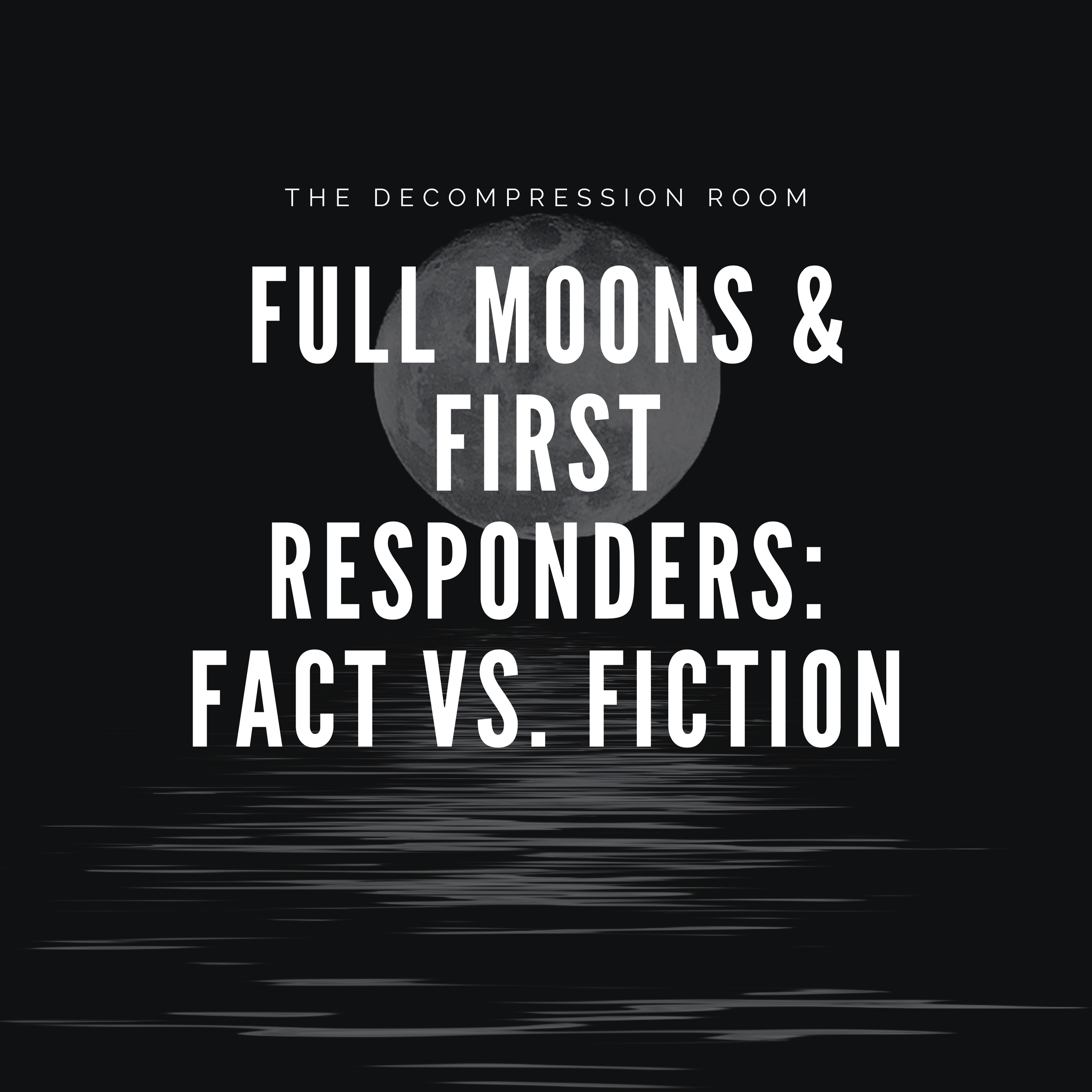
Full Moons & First Responders: Fact vs. Fiction
Full moons have a reputation in first responder work — more calls, stranger calls, more chaos. But is it fact, or just folklore? We dug into the data, the stories, and the science to find out what’s really going on.
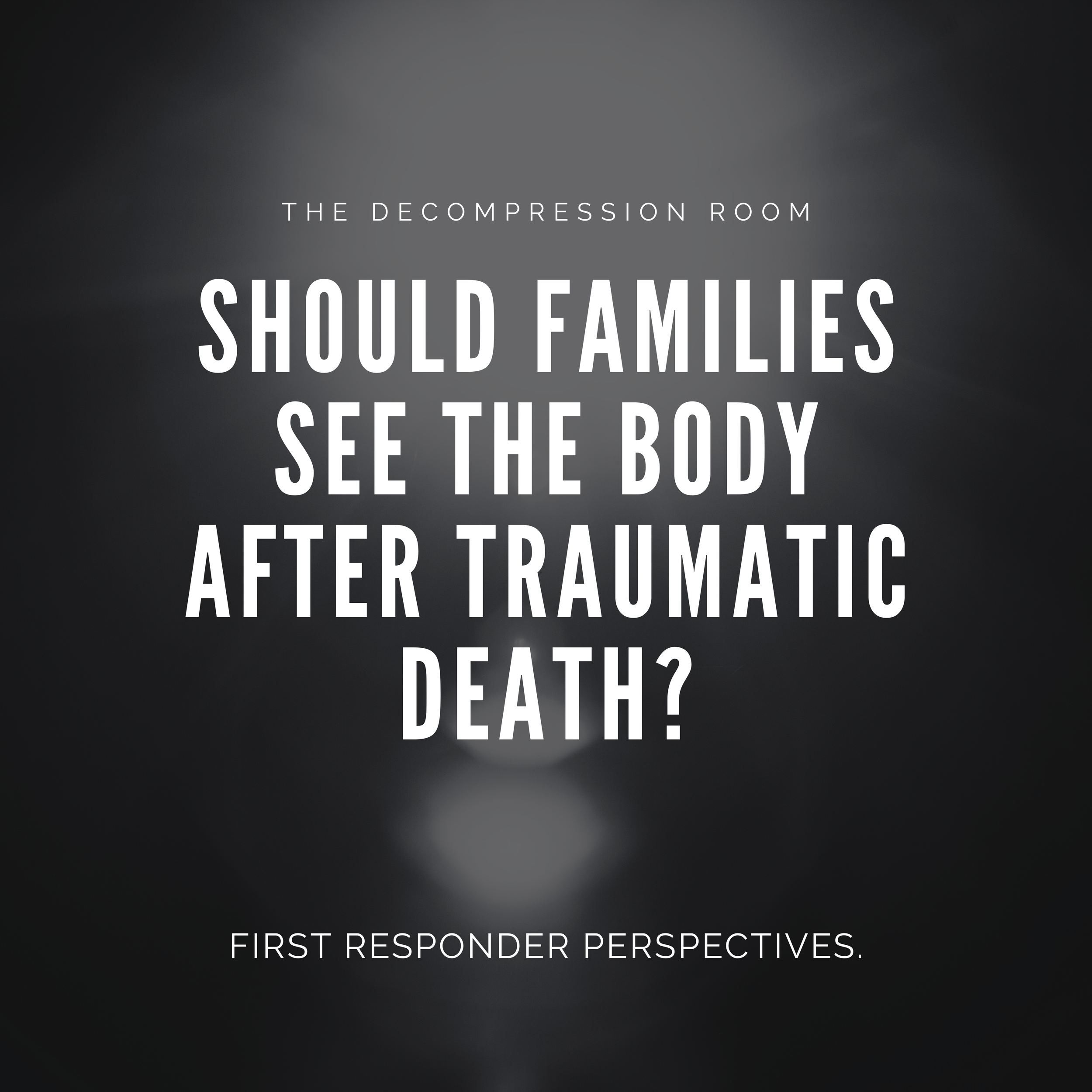
Should Families See the Body After Traumatic Death? First Responder Perspectives.
There’s no training for this part.
You’re standing with a family in the middle of the worst moment of their life, and they ask to see the body. It’s not about curiosity. It’s about reality. But what happens next isn’t simple—because what they see, they can’t unsee.
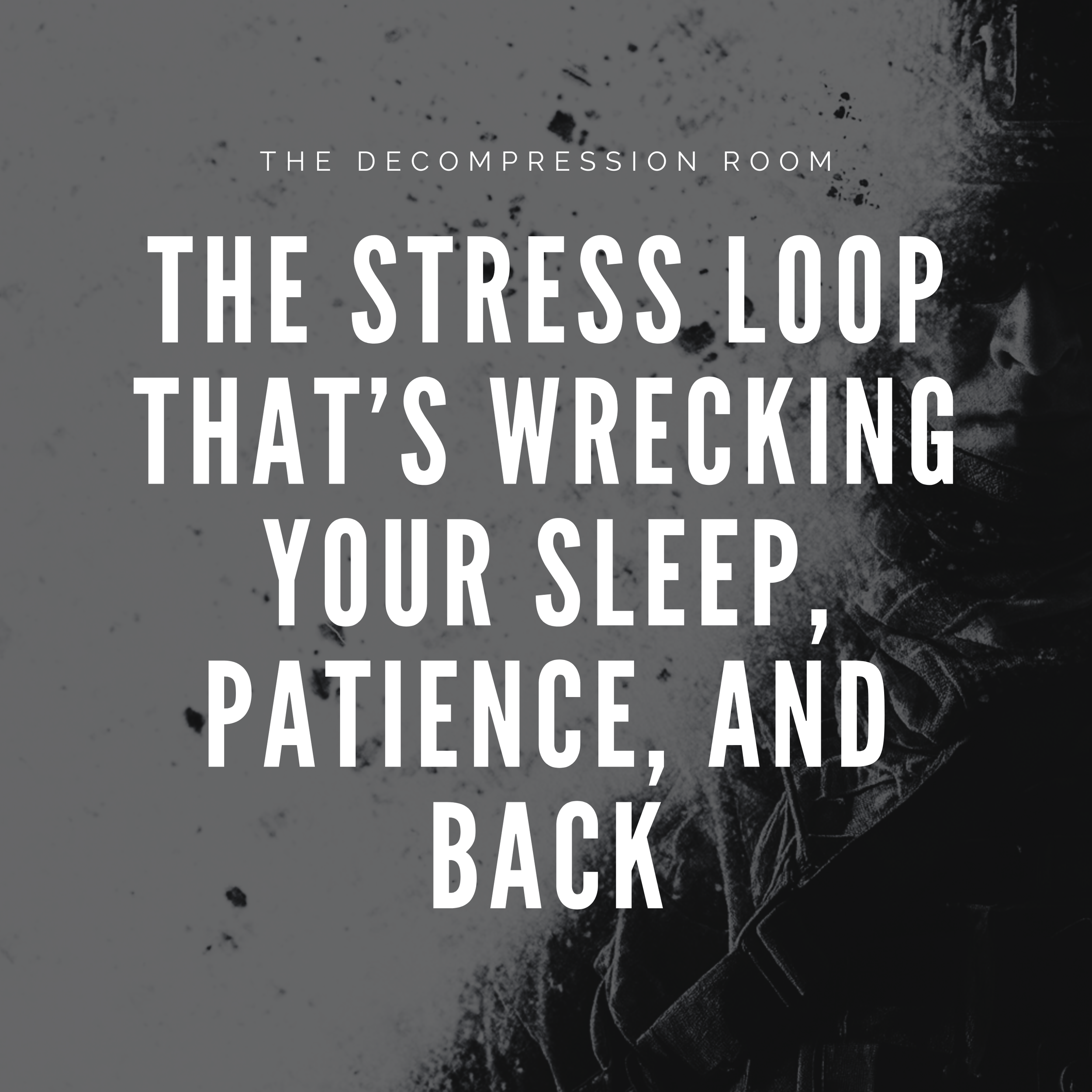
The Stress Loop That’s Wrecking Your Sleep, Patience, and Back
Understand the science behind the stress cycle, why it gets stuck in first responders, and how to break it using real nervous system tools from The Decompression Room.

The Simple Reset Techniques Most First Responders Don’t Know They Need
After a high-stress call, your mind may move on—but your body doesn’t. This post breaks down simple, tactical reset techniques designed specifically for first responders, dispatchers, and crisis professionals. Learn how to calm your nervous system fast, without fluff, therapy, or long routines.
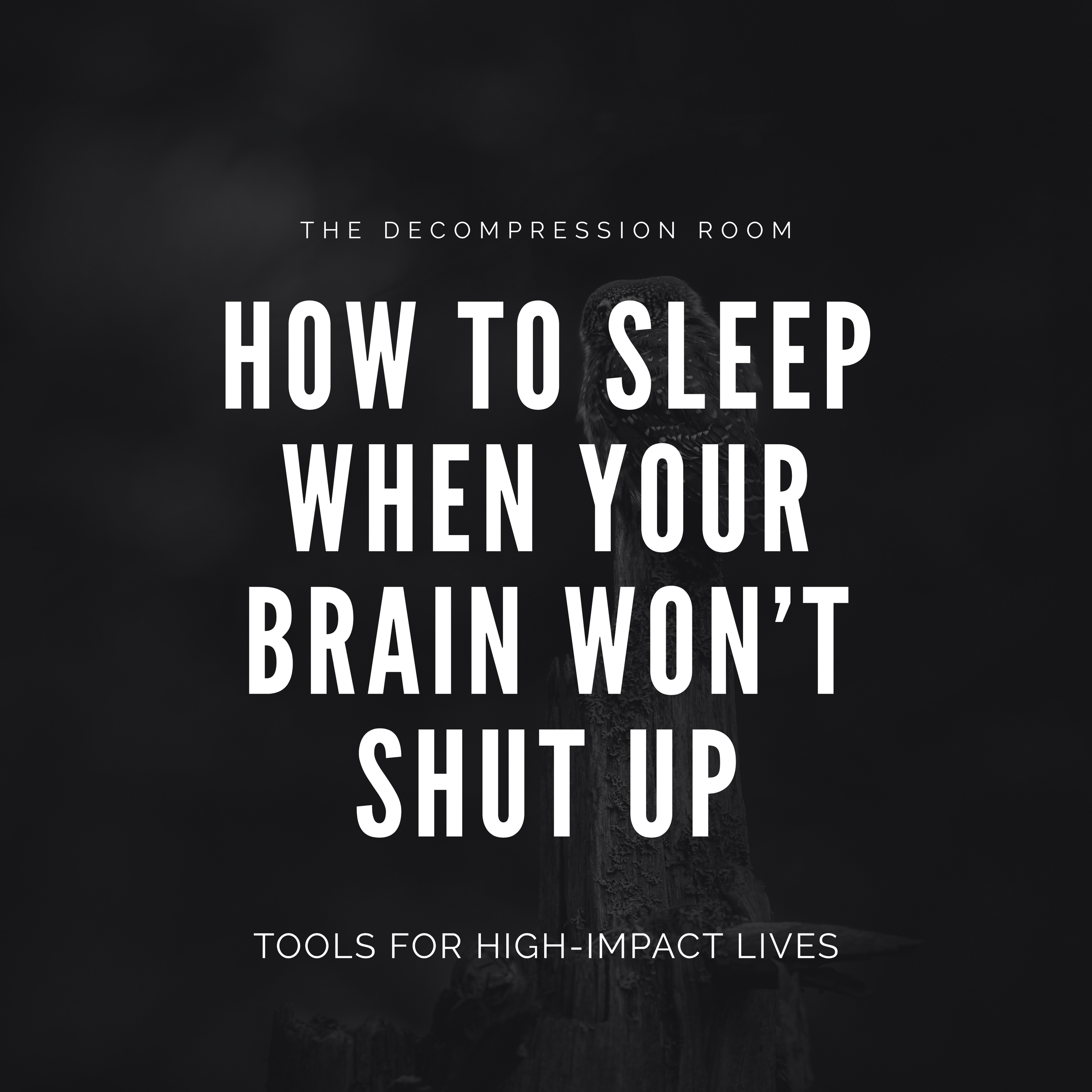
How to Sleep When Your Brain Won’t Shut Up: Tools for High-Impact Lives
Sleep doesn’t come easy when your brain won’t let up. For people in high-impact roles—cops, crisis workers, medics, dispatch—it’s not about bad habits. It’s about a nervous system that never learned how to shut off. This post walks you through practical, no-fluff tools to interrupt the loop, reset your system, and finally get some damn sleep.
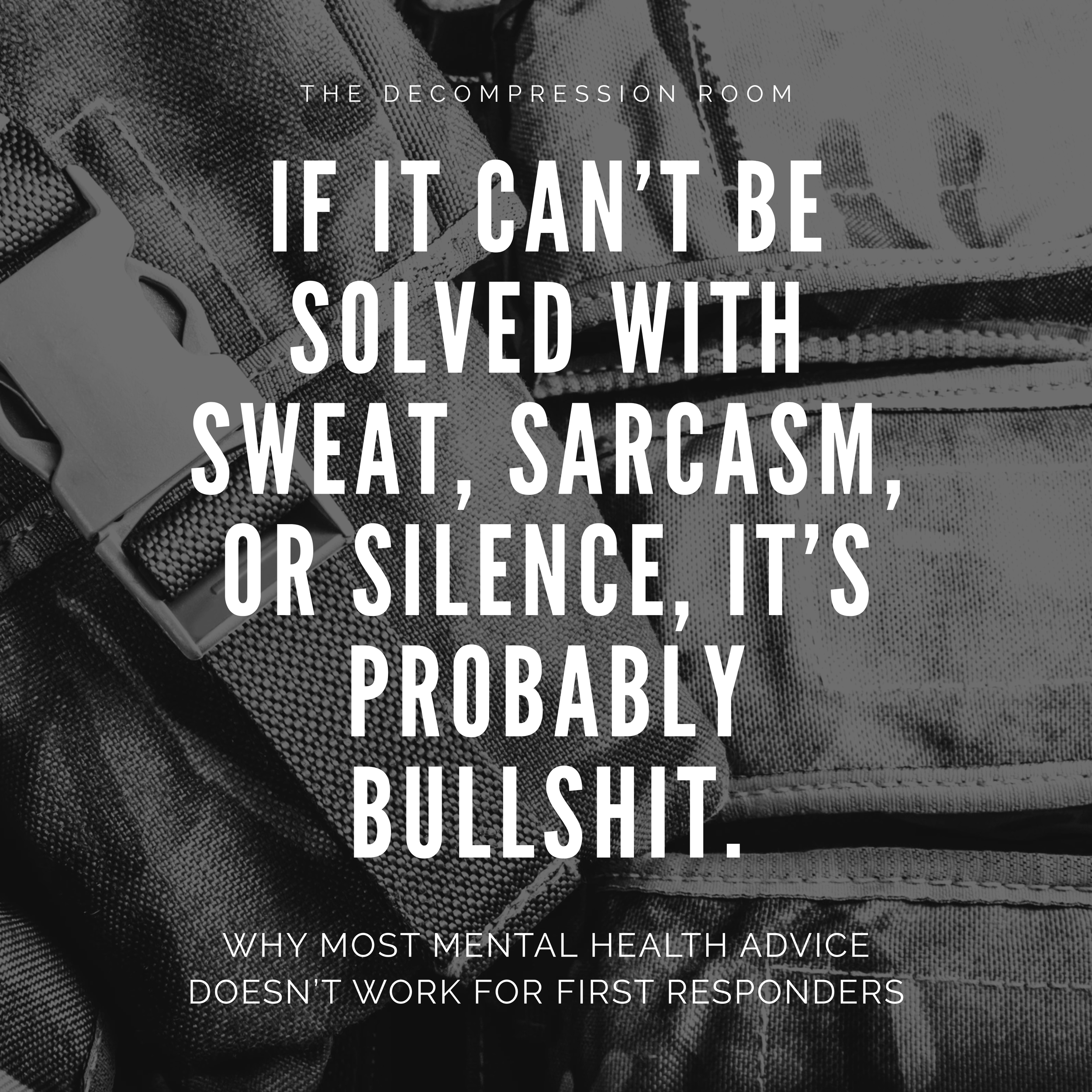
If It Can’t Be Solved With Sweat, Sarcasm, or Silence, It’s Probably Bullshit.
Why Most Mental Health Advice Doesn’t Work for First Responders
